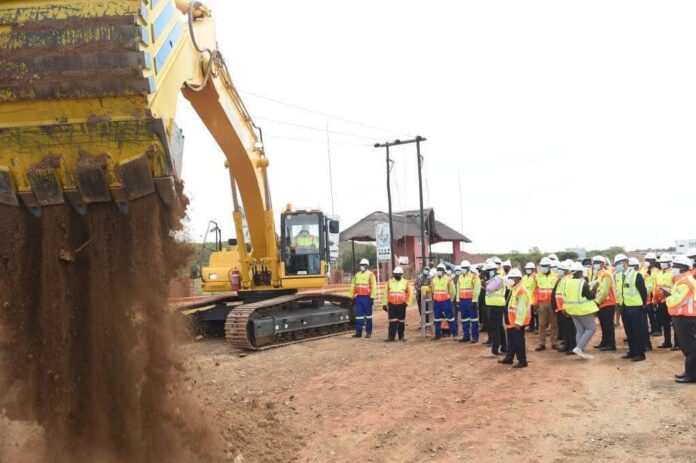When the Development Manager model was unveiled in 2023, it was as much a political statement as an infrastructure strategy. The then President Mokgweetsi Masisi government championed it as evidence of its commitment to reforming a sluggish construction sector and jumpstarting the economy ahead of the 2024 general elections.
The then opposition Umbrella for Democratic Change (UDC), and the Botswana Congress Party (BCP), denounced it as a reckless gamble. A year later, the newly released review vindicates many of those criticisms.
The Task Team found that costs have surged from P13 billion to P56 billion in just a few years, while many project sites remain idle despite hefty payouts. It warns that cost overruns linked to the DM model could consume up to 60% of the 12th National Development Plan’s budget, crowding out other priorities.
The report also cites poor project allocation, with Development Managers assigned work outside their competencies, and a lack of transparent criteria for awarding projects. Politically, the findings are an embarrassment for those who sold the model as a quick fix to deep-rooted problems in public works delivery. Instead of a showcase for efficiency, the DM programme has become a symbol of overspending and under-delivery, and a contentious talking point in debates over whether local procurement system is fit for purpose.



